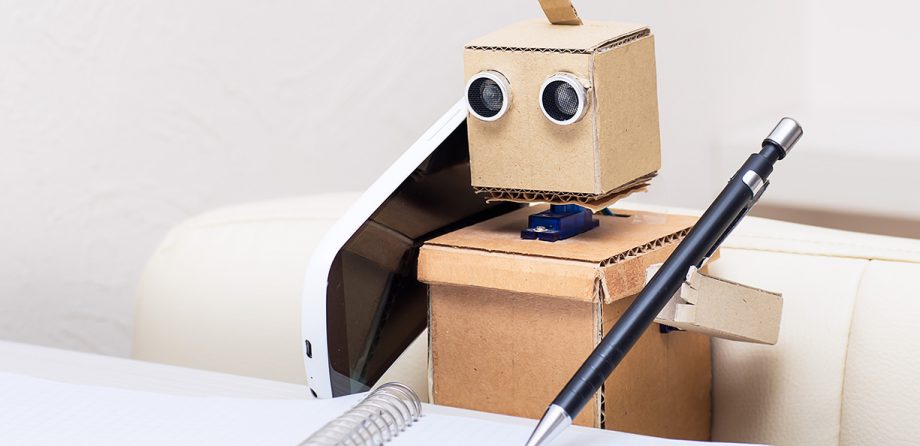Customer service is a topic that provides many challenges for organisations. The fact that it hasn’t been resolved is in many ways baffling. Good customer service is crucial for every business. What is going wrong?
There are loads of examples of what ‘good’ looks like. Stories of renamed loaves abound. Outstanding customer service stories form a chunk of social media streams. A good customer service experience can lift a company to global renown in days. It would make sense to equip everyone with the right skills and behaviours to provide outstanding, even viral-worth, service.
But, despite this, companies are still getting it drastically wrong.
There is a simple ingredient common in all great customer service stories: humanity.
Humanity in customer service means individuals in an organisation treat customers like humans. Actual humans who have thoughts, feelings and places to be. This may sound like an oversimplification, but being humane – truly humane – means being compassionate, kind, considerate, understanding, empathetic, tolerant, good-hearted, lenient, merciful, tender, benevolent, generous and magnanimous…which is quite a lot of things before we even get on to being able to rhyme. Humanity, defined in this way, is what great customer service entails.
We’re all still talking about customer service and how to improve it because consistently acting with humanity is not easy. There are two main barriers to ‘total humanity’ – a term for treating all humanity humanely all the time. These are ‘process’ and ‘people’ barriers.
‘Process’ barriers are things companies make their people do. Call centres often create process barriers. I’ll phone up with a problem, and the process means the person on the other end has no power to solve the issue. They feel powerless and demoralised – I feel frustrated. It’s a far cry from real humanity.
‘People’ barriers are the gaps in skills, knowledge or behaviours that prevent people from being humane. Say a retailer/airline/energy provider call centre has humane processes – the person I phone still has to have the skills and knowledge to solve my issue and demonstrate behaviours that make it a pleasure to communicate with them. It is still hard to deliver humane customer service all the time if you don’t have the personal skills to manage your state of mind and human connections.
These barriers mean that it is hard for employees to consistently deliver great customer service. But, all is not lost. Hard is not impossible. If a company is aiming to improve their customer service and invests time to identify and overcome these barriers, their customer service can get closer to ‘total humanity’.
That’s where NKD can help. We’ve enjoyed success with our clients who seek to improve their customer service scores by helping them identify and overcome both their people and process barriers. There’s no silver-bullet to achieve ‘total humanity’ in customer service, which is why our solutions involve strategic consulting, engagement & learning programmes, and communications packages.
Read more about what we’ve done to help our clients here…
Greg Howse
